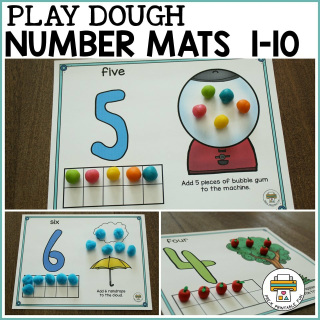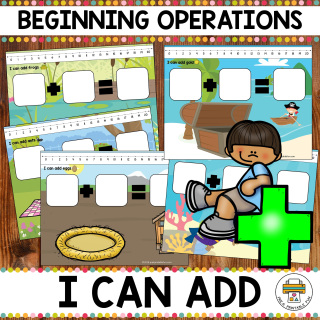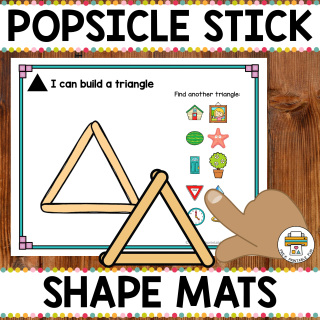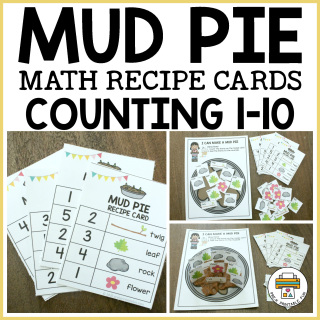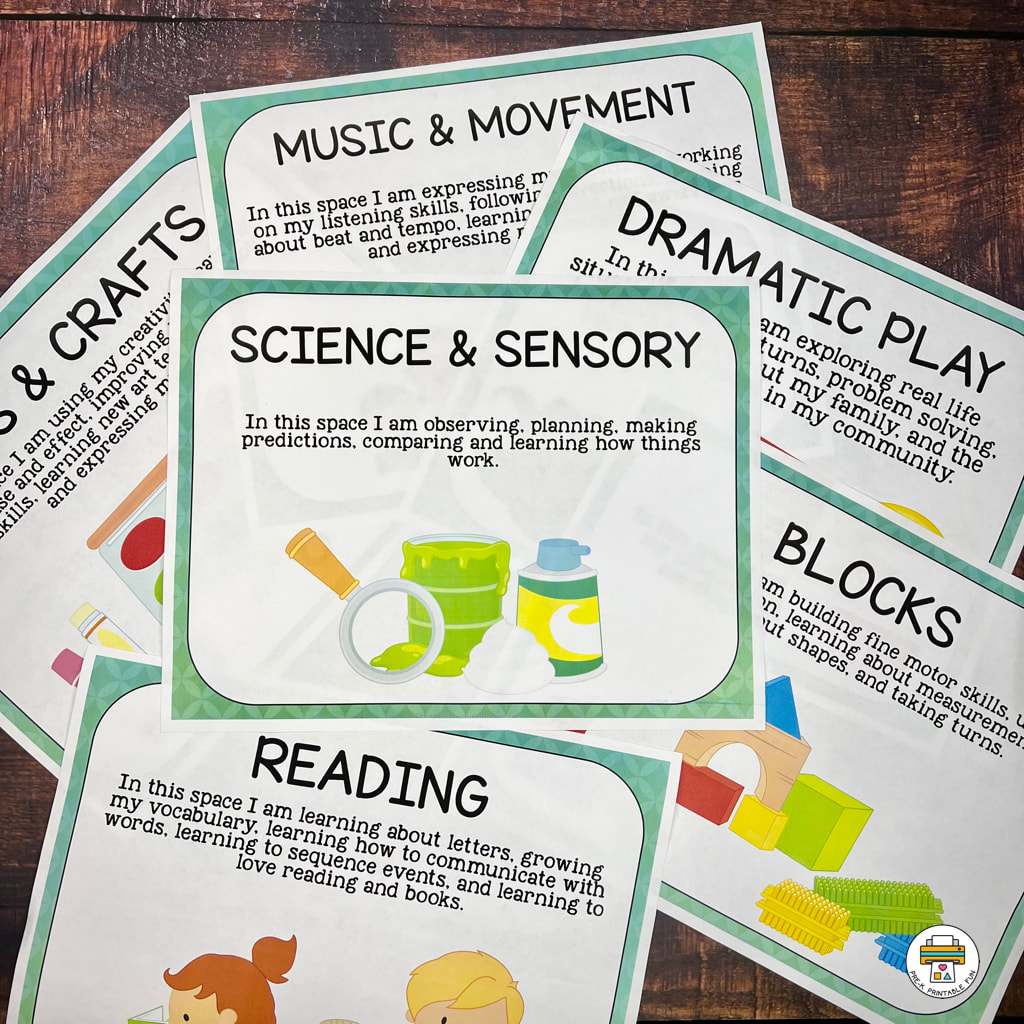Introduction to Preschool Mathematics
Mathematics is an essential skill that is used in almost every aspect of daily life. As such, it is important to start developing math skills early in life. Preschool is the perfect time to start introducing children to the world of numbers, shapes, and patterns. In this article, we will explore why preschool math is beneficial for children, what preschool math looks like, and how parents and teachers can support preschoolers in their math learning journey.
|
Table of Contents
Coming Soon!
Importance of Preschool Math Preschool Math Skills Activities to Support Preschool Math |
Importance of Preschool Math
Preschool math is important because it sets the foundation for a lifetime of learning. By introducing children to math concepts early on, they are more likely to develop a positive attitude towards math and see it as something that is fun and interesting. Additionally, math skills are essential for success in later academic and professional pursuits. For example, a strong foundation in math can lead to success in science, technology, engineering, and math (STEM) fields.
Preschool Math Skills
Preschool math looks different from the math that we typically think of in higher education or in the workforce. Preschool math is focused on developing a basic understanding of numbers, shapes, and patterns. This can be done through activities such as counting, sorting, matching, and identifying shapes. For example, a preschool math lesson might involve asking children to sort objects by color or size, or to identify how many objects are in a group.
Some important preschool math skills include:
Some important preschool math skills include:
- Counting from 1 to 10
- Identifying numbers 1-10
- Recognizing basic shapes (circle, square, triangle)
- Sorting objects by color, shape, and size
- Identifying patterns (e.g. ABAB, AABB)
- Understanding the concept of more/less
- Comparing numbers (e.g. greater than, less than)
- Measuring with non-standard units (e.g. blocks, fingers)
- Identifying and creating simple geometric patterns (e.g. ABAB, ABBABB)
- Recognizing basic time concepts (e.g. morning, afternoon, night)
- Counting objects in a set
- Addition with objects (e.g. adding blocks to a tower)
- Subtraction with objects (e.g. taking away blocks)
- Identifying and creating simple repeating patterns (e.g. red, blue, red, blue)
- Understanding the concept of zero
- Recognizing and extending simple number sequences (e.g. 1, 2, 3, 4)
- Measuring length and height with non-standard units
- Identifying and creating simple symmetrical patterns (e.g. butterfly wings)
- Understanding basic money concepts (e.g. identifying coins)
- Understanding basic measurement concepts (e.g. length, weight, capacity)
Activities to Support Preschool Math
Parents and teachers can support preschool math learning in a variety of ways. One of the best ways to support math learning is to make it fun and engaging. This can be done through games, puzzles, and other hands-on activities that encourage children to explore math concepts. Additionally, parents and teachers can provide opportunities for children to practice math skills in real-world situations. For example, parents might ask their children to help them count out change at the store, or teachers might have children measure ingredients for a cooking activity.
Preschool math is a crucial part of a child's education. It sets the foundation for a lifetime of learning and can lead to success in many different fields. By introducing children to math concepts early on, and by making math learning fun and engaging, parents and teachers can help set children on a path towards math success. Let's embrace the power of preschool math and help our children become lifelong learners!
Become a member.
Save time and money when you become a Pre-K Printables Club Member.
Get unlimited access to Pre-K Printable Fun products! |


